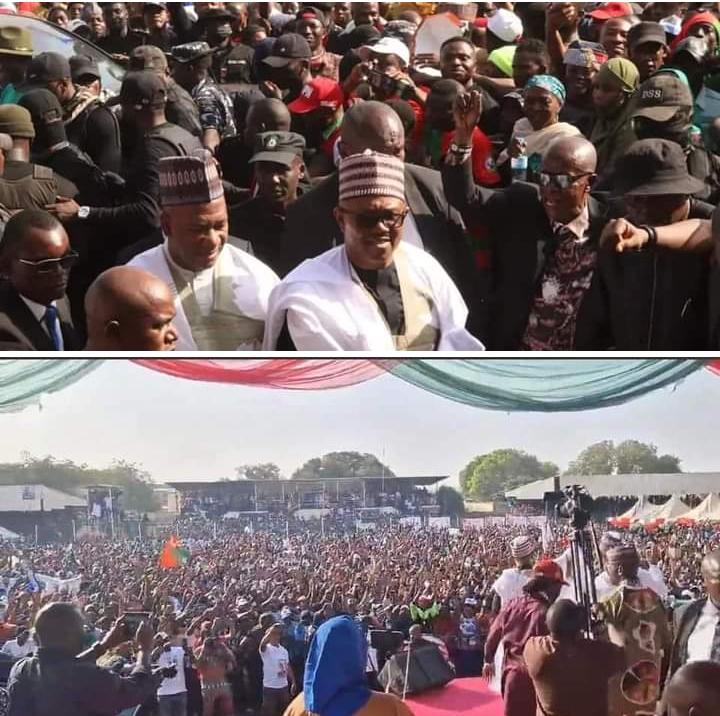
In a recent survey conducted by the Institution of Engineers Rwanda (IER), it was recommended that capacity-building and awareness be prioritized to ensure that employers have a comprehensive understanding of gender equality. The survey’s findings were presented at a stakeholders’ engagement meeting on Friday, April 28, 2023, and sought to address the gender equality challenges faced by women engineers in the male-dominated profession.
The IER survey also recommended implementing robust frameworks and policies to protect women against harassment, promoting inclusive hiring processes, creating an enabling environment, establishing clear policies on discrimination, and emphasizing the importance of work-life balance.
Engineer Cecile Uwimana, a member of IER and project manager at Africa Catalyst in Rwanda, highlighted that the survey was part of the Africa Catalyst program funded by the Royal Academy of Engineering in the UK. The program aims to produce more and better engineers across African countries by focusing on the formation of engineers through universities and professional engineering institutions and accreditation bodies.
Initiated in 2017, the Africa Catalyst program helps young graduate engineers secure internships and memberships to enter the labor market, with a target of supporting at least 30% women engineers. In 2019, a study was conducted to investigate the low representation of women engineers in the labor market. Despite 734 women engineers graduating within two consecutive years from local higher learning institutions, many were not found in internships or the labor market, prompting the launch of the survey to uncover the underlying challenges.
At present, women engineers constitute less than 10% of the 2,667 IER members. Neilla Umubyeyi, a member of IER and representative of the Women Engineering-Rwanda Chapter, revealed that the survey identified inequality in job opportunities for women engineers compared to men. Women, particularly those with children, face disadvantages in the labor market, primarily in the private sector, and are often not offered high-ranking positions. Even when occupying such positions, their work is undervalued.
Umubyeyi further mentioned that some women engineers experience sexual harassment at work, with many cases going unreported. She called for the implementation of policies and law enforcement to create a supportive environment for women in employment, such as the establishment of breastfeeding or Early Childhood Development centers at workplaces.
She also urged women engineers to change their mindset and believe in their capabilities to achieve success in the sector. Capacity-building and awareness campaigns are crucial first steps to ensure that employees grasp the concept of gender equality.
Employers were encouraged to combat discrimination and harassment against women, while women engineers were advised to join the engineers’ council to comply with the code of ethics and gain access to capacity-building programs and other benefits.
Edward Kyazze, Director General in charge of Urbanization, Human Settlement, and Housing Development at the Ministry of Infrastructure, stressed the importance of bridging the gap between academia and the labor market. He called for continued efforts to raise awareness about the significance of women engineers in the labor market, given that women constitute a large proportion of the population and students in schools.
During the discussions on Friday, it was revealed that only 15% of high school girls proceed to university, and out of those who graduate, only 5% enter the labor market due to various challenges. The majority (60%) of women engineers who join the labor market are employed by the private sector. Kyazze emphasized the need for incentives in the private sector to increase the number of women in private institutions.












